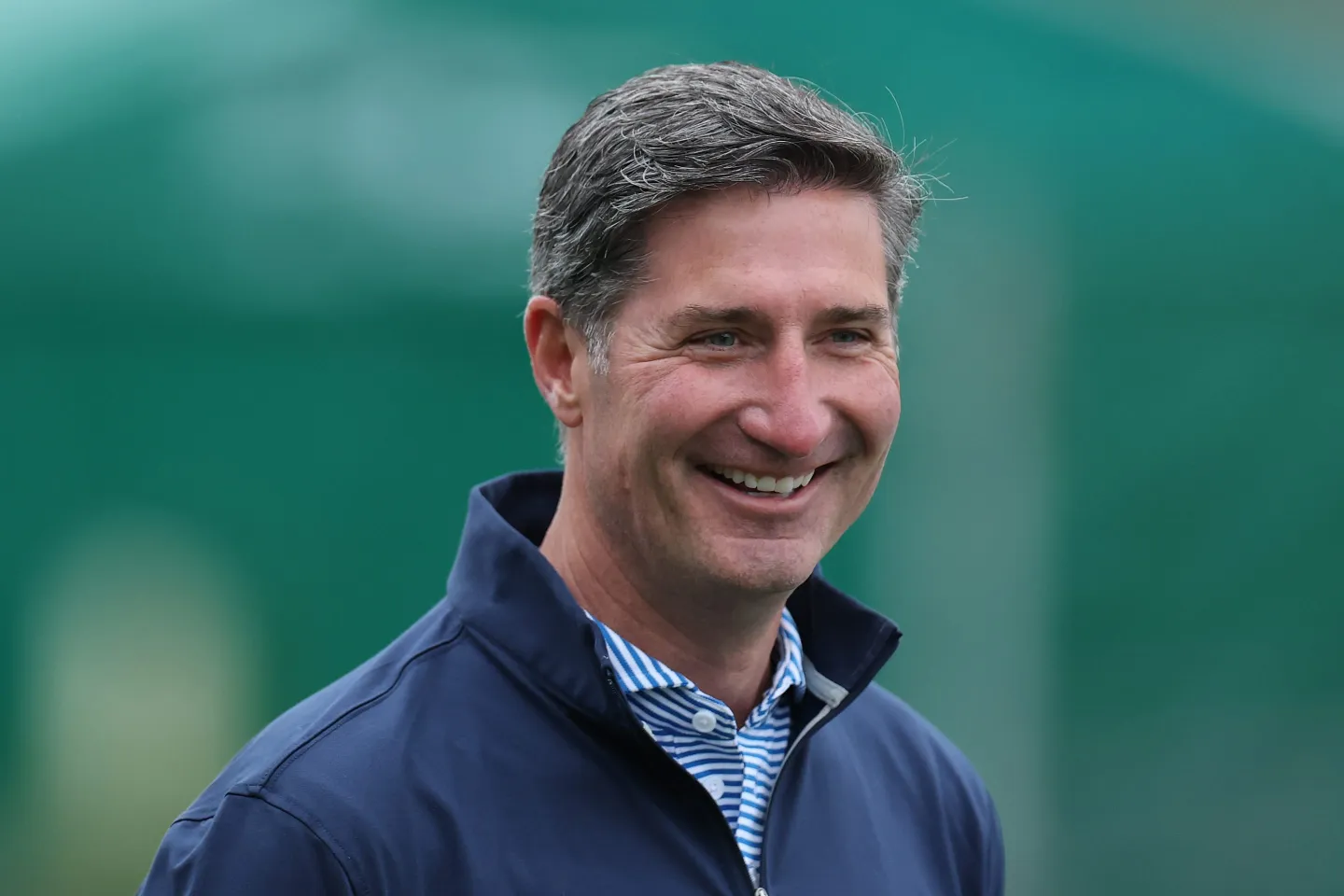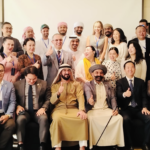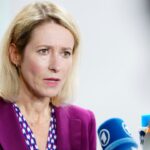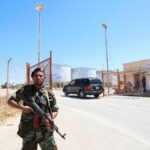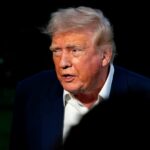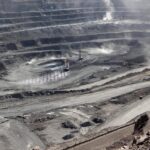Iran’s Foreign Minister to Speak With European Counterparts Over Nuclear Program Amid Tensions
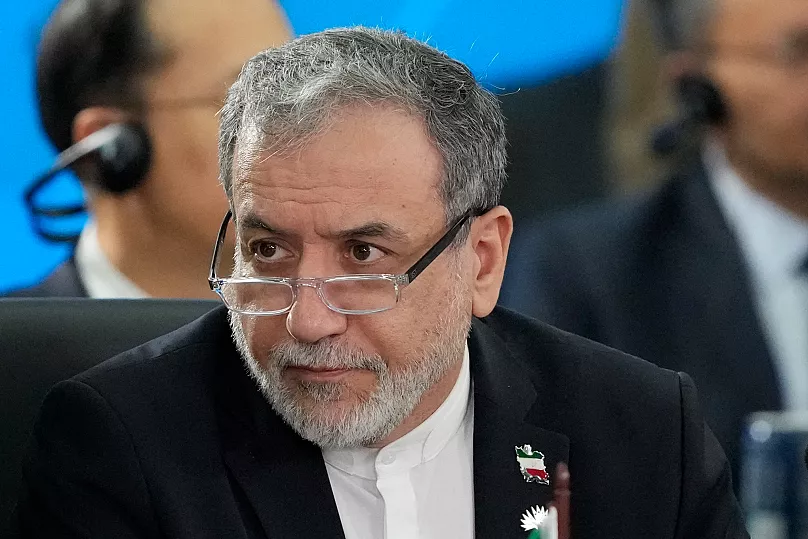
Iran’s Foreign Minister is scheduled to hold discussions with European officials regarding the country’s nuclear program, signaling a potential opening for diplomatic engagement amid heightened international scrutiny. The talks come as concerns persist over Iran’s nuclear activities and their implications for regional security and global nonproliferation efforts.
Background: Iran’s Nuclear Program
Iran’s nuclear program has long been a source of international tension. While Iran maintains that its nuclear activities are for peaceful purposes, including energy production and medical research, Western countries and international watchdogs have expressed concerns about potential weaponization. The 2015 Joint Comprehensive Plan of Action (JCPOA) initially aimed to limit Iran’s nuclear capabilities in exchange for sanctions relief, but the U.S. withdrawal in 2018 and subsequent escalation of sanctions have left the agreement in a fragile state.
In recent months, reports indicate that Iran has advanced its nuclear infrastructure, enriching uranium at higher levels and expanding centrifuge operations. These developments have intensified calls from European and American officials for renewed diplomacy to prevent further escalation.
Objectives of the European Call
The planned call with European diplomats is expected to focus on several key areas:
- Transparency and Monitoring: European officials will likely seek reassurances regarding Iran’s adherence to International Atomic Energy Agency (IAEA) inspections and protocols.
- Nuclear Limits and Compliance: The discussions may explore potential pathways for Iran to comply with or return to constraints similar to those outlined in the JCPOA.
- Sanctions and Incentives: Europe may discuss economic and political incentives that could encourage Iran to adopt measures reducing nuclear risks, alongside potential consequences for non-compliance.
- Regional Stability: Officials are expected to address the broader security implications of Iran’s nuclear program, including its impact on the Middle East and international nonproliferation norms.
While the format is a phone call rather than in-person negotiations, it signals ongoing dialogue and a willingness on both sides to explore diplomatic avenues amidst growing tensions.
International Reactions and Stakes
The international community is closely monitoring Iran’s nuclear trajectory. The European Union has expressed concern about the potential for regional destabilization and has consistently advocated for diplomatic engagement over military solutions. Meanwhile, the United States continues to pressure Iran through sanctions and diplomatic channels, emphasizing the importance of a verifiable agreement to curb nuclear advancement.
Regional actors, including Israel and Gulf nations, view Iran’s nuclear capabilities as a direct security threat. Any progress or breakdown in negotiations could influence military posturing, alliances, and broader geopolitical dynamics in the Middle East.
Challenges Ahead
Diplomatic efforts face significant hurdles. Trust between Iran and Western nations remains fragile, given past conflicts over compliance and enforcement. Additionally, domestic political pressures in Tehran may limit the flexibility of Iran’s negotiating positions, while European countries must navigate coordination with both the United States and regional partners.
Analysts note that even modest progress in communication could help stabilize the situation temporarily, but achieving a comprehensive and durable agreement will require sustained engagement, confidence-building measures, and robust verification mechanisms.
The Role of Europe
Europe continues to play a mediating role in nuclear diplomacy with Iran. The bloc has historically sought to balance dialogue with pressure, offering pathways for sanctions relief in exchange for verifiable nuclear commitments. European diplomats hope that proactive engagement, even through remote discussions like the upcoming call, can prevent further escalation and maintain a foundation for potential broader negotiations.
Conclusion
Iran’s Foreign Minister’s scheduled call with European officials underscores the fragile but ongoing diplomatic effort to address the nuclear issue. The conversation will likely focus on transparency, compliance, and regional security concerns, reflecting the high stakes of Iran’s nuclear trajectory.
As tensions remain elevated, these discussions represent a critical opportunity for dialogue, signaling that despite geopolitical challenges, diplomacy remains the preferred avenue for reducing the risk of conflict and ensuring stability in a volatile region.



